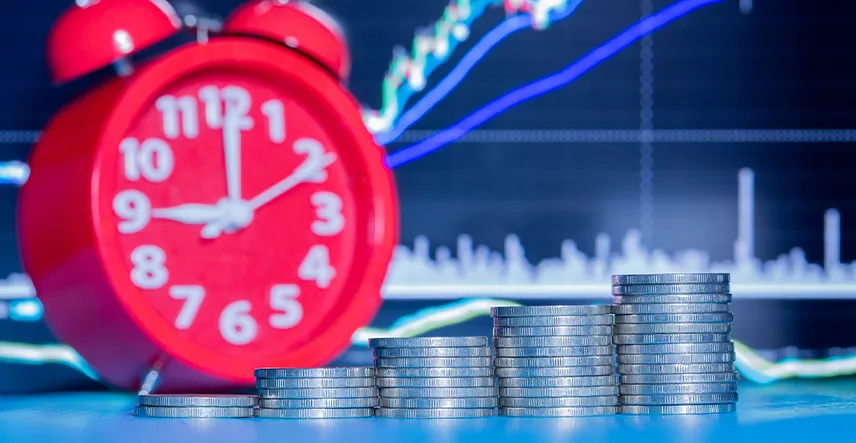
In the world of the Indian stock market, where traders engage in buying and selling assets through derivatives, it becomes crucial to delve into the concept of the expiration date. Derivatives, essentially contracts dictating the terms of such transactions, come with a predefined expiration date. This date serves as the endpoint of the agreement, and if it isn’t met, the contract becomes void. A nuanced understanding of this expiration date is paramount for traders navigating the complexities of the Indian stock market. It not only influences the duration of their commitments but also plays a crucial role in determining the effectiveness and success of their derivative transactions. Hence, a grasp of the expiration date becomes an integral part of making informed and strategic decisions within the dynamic landscape of the Indian stock market.
Table of Contents
Understanding Expiration Dates in Trading
Derivative contracts in the stock market come with predetermined prices and expiration dates, serving as crucial elements for traders. As the expiration date approaches, it brings about different outcomes, impacting the dynamics of option trading.
Defining Expiration Date
The expiration date refers to the predetermined date in a financial contract, such as options or futures when the contract ceases to be valid.
- After this date, the rights and obligations specified in the contract become null and void, and the contract holder no longer has the ability to execute or exercise the terms outlined in the agreement.
- Understanding the expiration date is crucial in financial markets as it plays a significant role in determining the effectiveness and outcomes of derivative transactions.
Expiration Dates for Options Contracts
- In options trading, both call and put options have expiration dates, indicating the last date by which the holder must decide whether to exercise their right to buy or sell the underlying asset at the specified strike price.
- When an option reaches its expiration, the time value vanishes, making the derivative worthless if it lacks intrinsic value.
- For a call option, intrinsic value is the positive difference between the market price and the strike price, while for a put option, it is the positive difference between the strike price and the market price.
- Choosing options contracts with longer expiration dates can result in higher time values. The lengthier the expiration period, especially when the option reaches its strike price, the greater the time value. This dynamic is exemplified in a scenario where a call option with a later expiration date, such as September 2024, would have a higher time value compared to a May 2024 call option, assuming both have reached their respective strike prices.
- Owners of American options have the flexibility to exercise the option at any time until the expiration date, adding an element of strategic choice. In contrast, European options can only be exercised on the expiration date itself. Traders must consider these distinctions when deciding whether to exercise options as expiration approaches.
To gauge potential gains or losses on an options trade, you may leverage Share India’s options calculator. It offers valuable insights into the financial implications of various scenarios, helping traders make informed decisions as they navigate the complexities of expiration dates in options and futures trading.
Options and Futures Nearing Their Expiration Date
- Different outcomes can arise from expiration dates in various financial derivatives. For options contracts, there is no obligation to execute, allowing you to avoid the trade and incur no financial obligation if you choose not to execute.
- Contrastingly, in the case of futures contracts, execution must occur before the contract reaches its expiry date.
For instance, if you acquired a futures contract to purchase 500 shares of ABC company, you can offset it by acquiring another futures contract to sell the same quantity of shares before the expiry date. This second contract cancels out the initial one, maintaining the validity of the shares. However, settling the contract involves addressing the price difference, influenced by the volatile nature of share prices. Consequently, the futures contract you purchase initially may have a distinct price compared to a subsequent contract. Therefore, it is crucial to evaluate the price differential before settling the contract on the expiration date.
Conclusion
The expiration date plays a pivotal role in derivatives. It signifies the conclusion of financial contracts, with options providing flexibility as investors are not bound to execute, while futures contracts demand timely execution before reaching the expiration date. Investors often navigate this landscape by offsetting contracts through new ones, but settling involves addressing price differences influenced by the inherent volatility of stock prices. A keen understanding of expiration dates is crucial for investors, enabling them to make informed decisions and manage risks effectively in the dynamic Indian stock market.